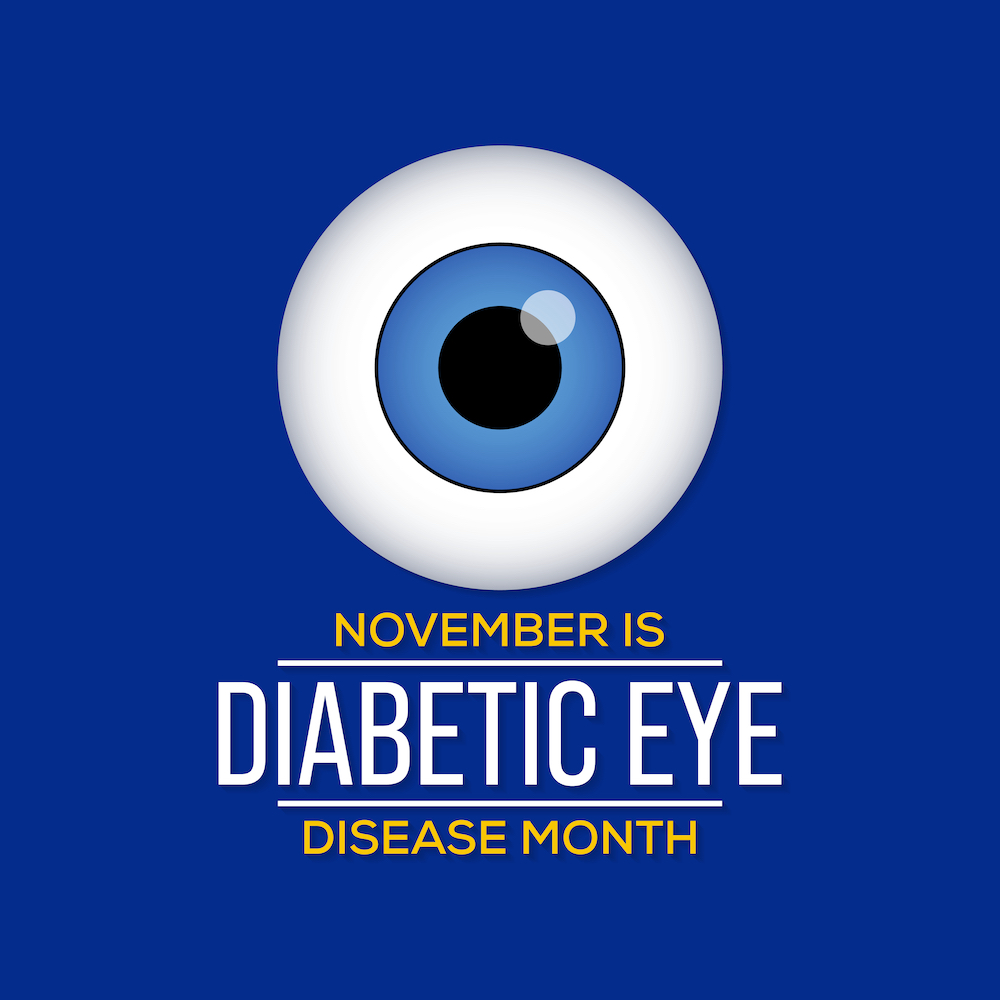
Diabetic retinopathy is a leading cause of vision loss and blindness if left untreated. It is the most common diabetes-related eye complication. The condition can develop in anyone with diabetes.
Fortunately, you can stop its progression and prevent vision loss with the proper care. If you have diabetes, you should call your eye doctor immediately if you experience any changes in your eyesight.
What Is Diabetic Retinopathy?
Diabetic retinopathy occurs when diabetes-related high blood sugar damages the retina's nerve tissue and blood vessels. It usually takes several years for the condition to reach a stage where it could threaten your eyesight. To minimize the risk of complications, you should do the following:
Ensure you control your blood pressure, blood glucose, and cholesterol
Undergo regular diabetic eye screenings to identify and address any problems early
Stages of Diabetic Retinopathy
Nonproliferative Retinopathy
Blood vessels in the eye swell and leak during the early stages of the disease. Sometimes, that can cause retinal swelling, which may lead to treatable mild vision loss. Also, changes can occur to the retinal nerve cells, partly due to loss of adequate blood supply. These changes may affect your eyesight.
Proliferative Retinopathy
New blood vessels start growing on the retina’s surface during this advanced stage. The new blood vessels may break and leak into the clear watery gel in your eye, causing severe vision loss. This stage of the disease usually requires urgent treatment. If you have diabetes, preventing diabetic retinopathy may prove impossible. However, you can minimize your risk of having it progress or develop.
Symptoms
In the early stages of this disease, you may not experience any symptoms. Your eyesight may remain unchanged until the condition worsens. When this happens, you may experience the following symptoms:
Gradually worsening eyesight
Eye redness and pain
Sudden vision loss
Difficulty seeing at night
Patchy or blurred vision
Double vision
Floaters in your field of vision
Blank spots in your vision
New color blindness
Pressure in one or both eyes
A condition known as macular edema may result from diabetic retinopathy. This complication occurs when the central part of the retina, the macula, swells due to the leaking fluid, causing blurred vision. Also, new blood vessels grow on the retina’s surface and bleed into the eye, causing worsening eyesight.
The above symptoms do not necessarily mean you have an eye condition. It is best to visit your eye doctor for an accurate diagnosis. It would be best to do so now instead of waiting for your next appointment.
Treatment of Diabetic Retinopathy
Your treatment will depend on your symptoms, severity of the condition, general health, and age. If you have advanced retinopathy, you have a good chance of maintaining your sight if you receive treatment before your retinas sustain severe damage. Treatment may include laser surgery, injections, or a vitrectomy to remove the gel-like substance that fills the eye and replace it with a balanced saline solution.
People with diabetes should get an annual diabetic eye screening. These screenings can help identify eye problems for treatment and alert your eye doctor if your diabetes requires better control. Also, better control of your blood sugar can help prevent the onset or slow the progression of retinopathy. That will lessen the need for procedures to treat severe retinopathy.
For more on diabetic retinopathy, contact Cobb Corner Eye Care at our Stoughton, Massachusetts office. Call (781) 344-3335 to schedule an appointment today.








